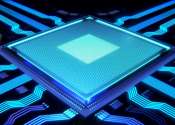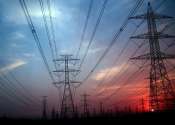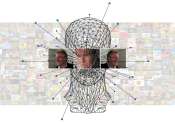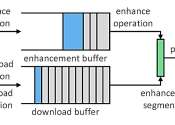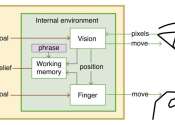A machine manages power to accomplish a task, examples include, a mechanical system, a computing system, an electronic system, and a molecular machine. In common usage, the meaning is that of a device having parts that perform or assist in performing any type of work. A simple machine is a device that transforms the direction or magnitude of a force.
The word "machine" is derived from the Latin word machina, which in turn derives from the Doric Greek μαχανά (machana), Ionic Greek μηχανή (mechane) "contrivance, machine, engine" and that from μῆχος (mechos), "means, expedient, remedy".
The meaning of machine is traced by the Oxford English Dictionary to an independently functioning structure and by Merriam-Webster Dictionary to something that has been constructed. This includes human design into the meaning of machine.
Historically, a device required moving parts to classify as a machine; however, the advent of electronics technology has led to the development of devices without moving parts that many refer to as machines, such as a computer, radio, and television.

